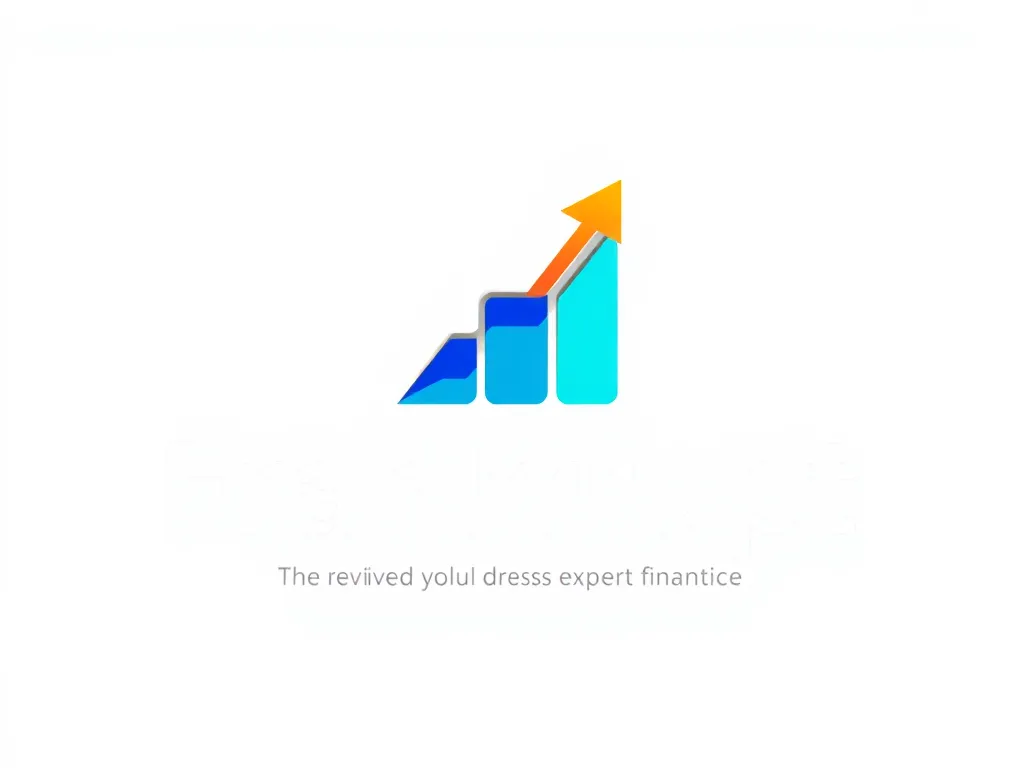Exploring Effective Debt Relief Options for Everyone

Exploring Debt Relief Options: A Comprehensive Guide
Debt Relief Options are crucial for individuals struggling with overwhelming financial obligations. These options provide various strategies to help manage, reduce, or eliminate debt, restoring financial stability. Whether you're facing credit card debt, medical bills, or other liabilities, understanding these options is essential for making informed decisions about your financial future.
Navigating through the myriad of Debt Relief Options can be overwhelming, yet it's important to recognize that no single solution fits all situations. Assessing your financial status, including income, expenses, and debt types, can aid in determining the most suitable course of action. From debt settlement and consolidation to credit counseling and bankruptcy, each route has distinct implications that can significantly affect your financial health.
As you explore Debt Relief Options, it's important to consider the long-term impact on your credit score and financial well-being. Some options may provide short-term relief but could lead to long-term financial difficulties if not handled properly. Hence, weighing the pros and cons of each option can empower you to make decisions that align with your financial goals and personal circumstances.
It is also advisable to seek professional advice when evaluating Debt Relief Options. Financial advisors and credit counselors can provide personalized insights and guidance, ensuring you can navigate these options effectively. Remember that seeking debt relief is not a sign of failure but a proactive step toward financial recovery and stability.
In this article, we will delve deeper into some of the most common Debt Relief Options available, including debt settlement, debt consolidation, credit counseling, bankruptcy, debt management plans, and negotiating with creditors. Each option will be thoroughly examined to equip you with the knowledge needed to take charge of your financial situation.
Debt Settlement: A Viable Solution?
Debt Settlement involves negotiating with creditors to reduce the total amount of debt owed. This process typically requires a lump-sum payment that is less than the total debt. It's an option often considered by those who find themselves unable to keep up with their payments and wish to settle for a reduced amount, sometimes by working with a debt settlement company.
Pros of Debt Settlement include the potential for substantial savings and the ability to resolve debts more quickly. However, the cons involve fees from debt settlement companies, the possibility of being taxed on forgiven debt, and significant negative impacts on credit scores during the process.
Exploring various strategies can reveal effective Debt Relief Options to alleviate financial burdens and regain control.
Choosing the right Debt Settlement Company is crucial for success. It's important to research companies, inquire about their fees, and check for customer reviews or complaints. Look for companies that offer transparent terms, have a solid track record, and are accredited by organizations such as the Better Business Bureau.
Debt Settlement can significantly impact your credit score, as missed payments before the settlement process initiate can lower your score. Additionally, having accounts marked as 'settled for less than owed' can remain on your credit report for up to seven years, affecting future credit opportunities.
Understanding Debt Consolidation
Debt Consolidation is the process of combining multiple debts into a single loan or payment, typically with the goal of obtaining lower interest rates and manageable monthly payments. Common types include personal loans, balance transfer credit cards, and home equity loans.
The benefits of Debt Consolidation include simplified payments and potentially lower interest rates, making it easier to manage debt. However, there are risks involved, such as fees associated with loans and the possibility of accumulating more debt if spending habits do not change.
Steps to consolidate your debt involve assessing your current debts, researching consolidation options, applying for a loan, and creating a budget. After consolidation, it's crucial to avoid accumulating additional debt to ensure financial stability.
Common mistakes to avoid include not thoroughly researching lenders, overlooking fees associated with consolidation loans, and not understanding the terms of the new loan. Always read the fine print and seek professional advice if needed.
Credit Counseling: A Path to Financial Recovery
Finding a reputable Credit Counseling Agency is key to receiving proper guidance. Look for agencies accredited by the National Foundation for Credit Counseling (NFCC) or other recognized bodies. Always ensure that the agency provides transparent services and follows ethical standards.
In a Credit Counseling session, clients can expect to discuss their financial situation in detail. The credit counselor will help identify issues, create a plan for managing debts, and develop budgeting strategies tailored to the client's needs.
Credit Counseling can help in creating a budget plan that aligns with your income and expenses. This proactive step assists in managing debt effectively, ultimately aiming to reduce financial stress and empower individuals to make informed decisions.
Improving credit through Credit Counseling is possible, as counselors provide guidance on managing debts and making timely payments. Adhering to budget plans and following advice can positively affect credit scores over time.
Bankruptcy as a Debt Relief Option
When considering Bankruptcy as Debt Relief, it’s essential to understand the types available, namely Chapter 7 and Chapter 13. Chapter 7 allows for the liquidation of non-exempt assets to pay creditors, while Chapter 13 involves creating a repayment plan for a specified period, usually three to five years.
The Bankruptcy process involves filing a petition, attending a meeting of creditors, and completing any required financial education courses. It is essential to seek legal advice to navigate the complex process accurately.
Long-term effects of Bankruptcy on finances include a significant drop in credit scores, difficulty obtaining loans, and potential challenges in securing housing or employment. However, its transformational relief can pave the way for a fresh financial start.
Alternatives to Bankruptcy include debt settlement, debt consolidation, and credit counseling. Exploring these options may provide relief without the lasting negative impact that bankruptcy can have.
Understanding Debt Management Plans
A Debt Management Plan (DMP) is a structured repayment plan provided by credit counseling agencies to help individuals pay off their debts over a specific timeframe. It usually involves a single monthly payment made to the agency, which is then distributed to creditors.
Setting up a Debt Management Plan involves consulting with a credit counselor, creating a budget, and establishing an agreement with creditors. This collaborative approach aims to reduce interest rates and waive fees, making repayments more manageable.
The advantages of using a Debt Management Plan include financial education, reduced interest rates, and simplified monthly payments. Moreover, completing the plan can boost credit scores over time as debts are paid on schedule.
Monitoring progress in a Debt Management Plan is essential to ensure adherence to the budget and payment schedule. Regular check-ins with the credit counseling agency can provide motivation and address any challenges in real-time.
Negotiating with Creditors: Tips and Considerations
Successful negotiation with creditors requires preparation and a clear understanding of your financial situation. Tips include researching your debts, understanding your chances for negotiation, and approaching creditors with a respectful and reasonable request for modifications to payment terms.
Consider negotiating for debt relief when experiencing financial hardship, such as job loss or medical emergencies, or simply to reduce high-interest payments. A well-timed approach can yield favorable outcomes for both parties.
Documenting agreements with creditors is vital to avoid future disputes. Obtain written confirmation of any settled amounts, changes in interest rates, and new payment schedules to protect yourself legally and financially.
Understanding your rights when negotiating debt is crucial. Consumers are protected by laws and guidelines around debt collection, and knowing these rights can ensure fair treatment during the negotiation process.
